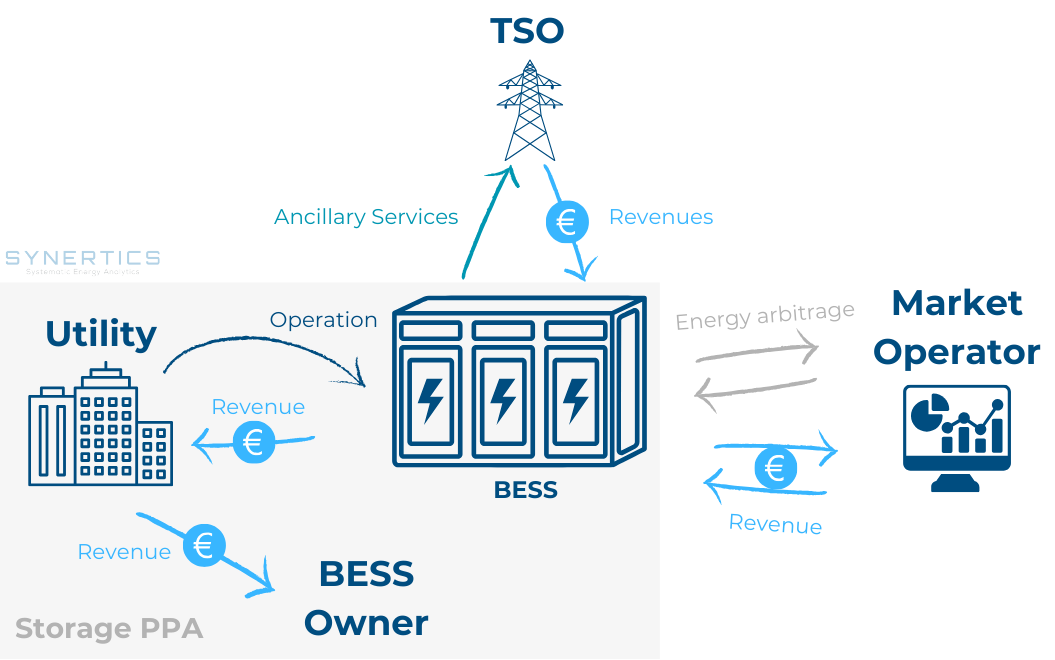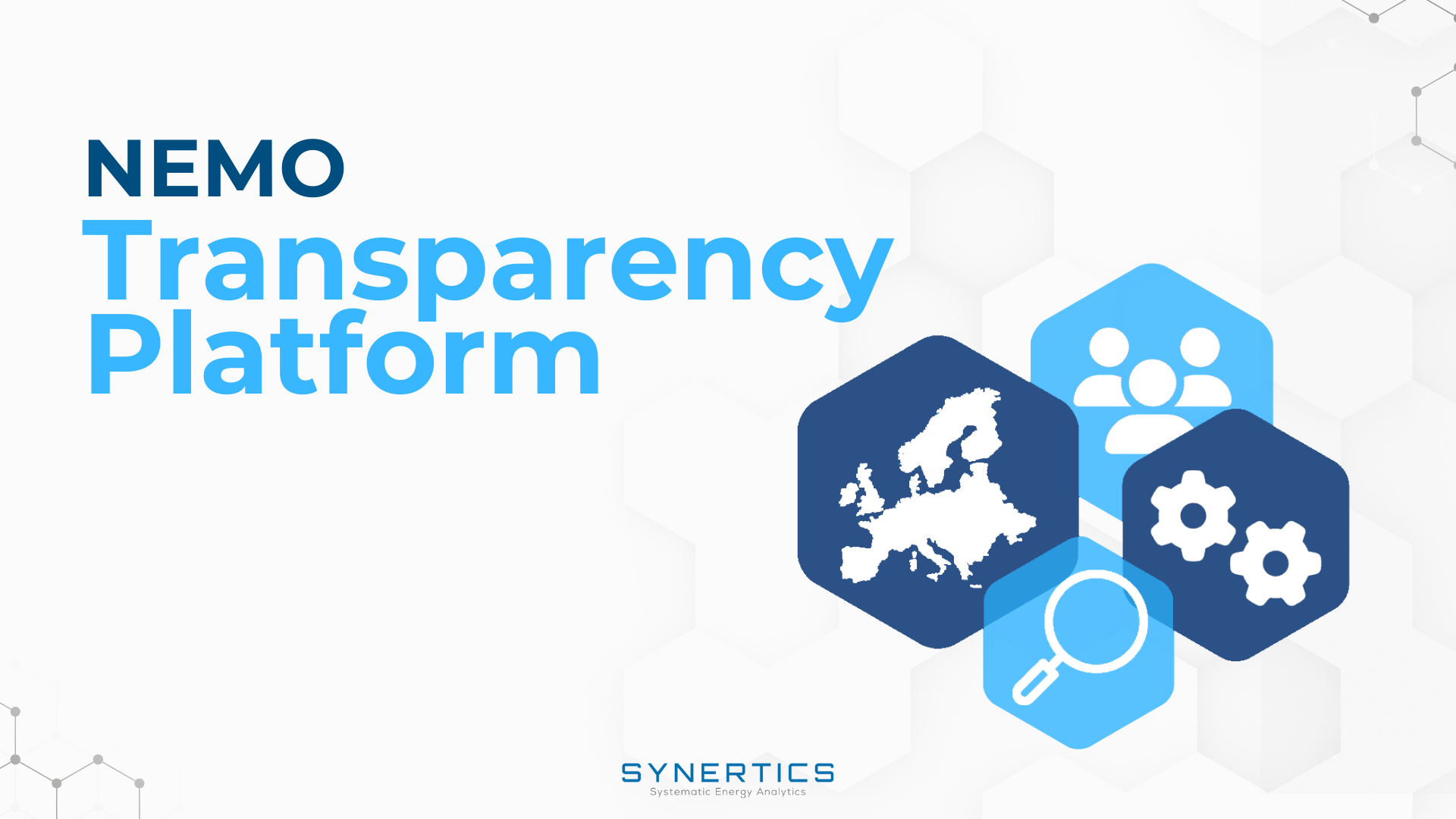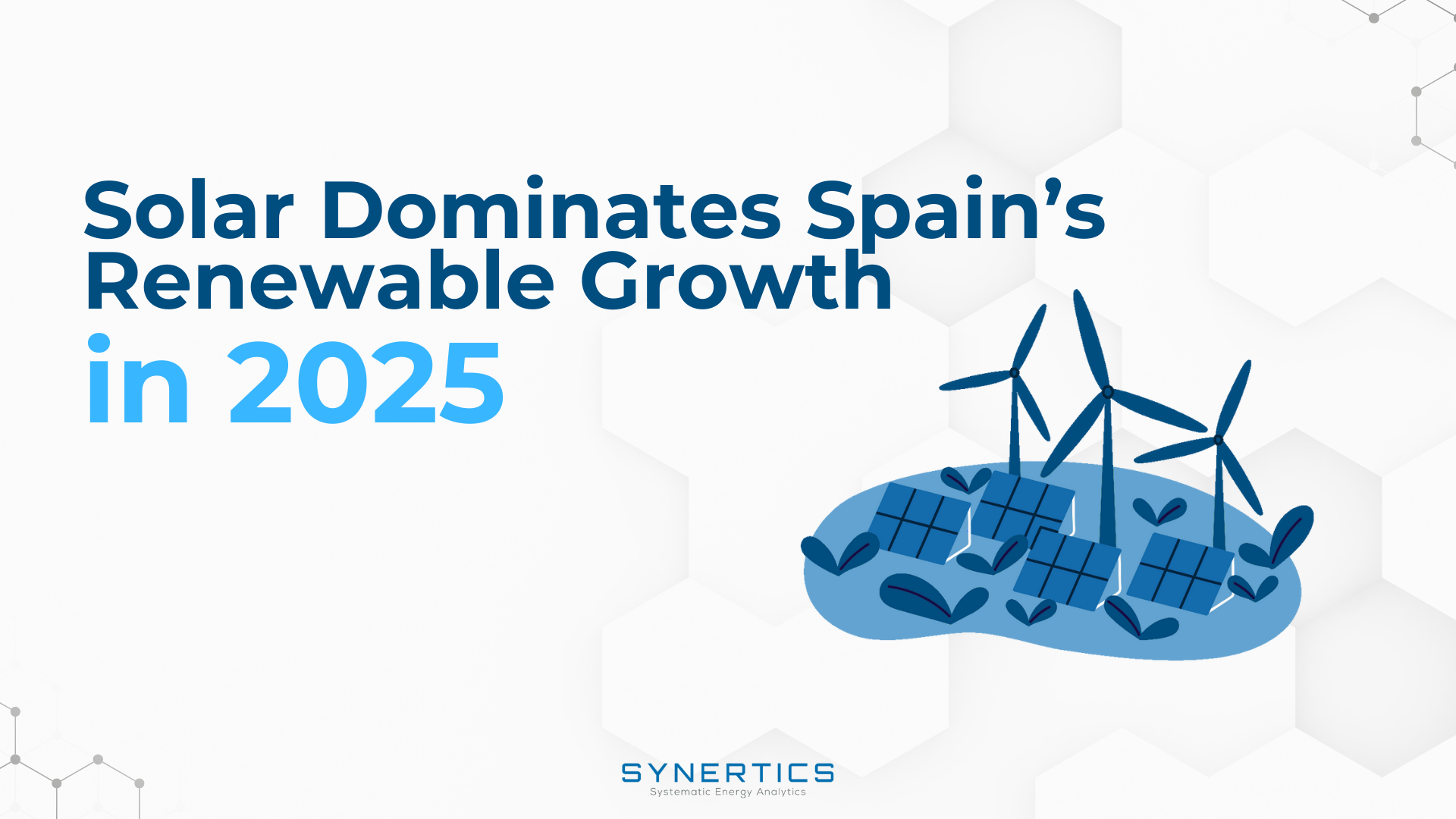Join us on our journey towards renewable energy excellence, where knowledge meets innovation.
With the growth of renewable energy sources, energy storage has become increasingly crucial. Storage PPAs are emerging as essential tools, providing financial and operational frameworks that support the integration of renewable energy into the grid. The first storage PPAs have already been signed in Europe, such as an integrated storage and solar PPA in Yorkshire, England. This article explains the significance of storage, the mechanics of storage PPAs, their financial motivations, and their importance in the renewable energy market.

A Storage PPA is a contract between a storage system owner and an offtaker (typically utilities) that outlines the terms under which the storage system's services are sold. Unlike traditional PPAs, which focus on the purchase of generated electricity, storage PPAs specifically deal with the provision of storage services, including energy arbitrage, peak shaving, frequency regulation, and backup power.
Energy storage technologies, such as batteries, are essential in addressing the intermittent nature of renewable energy sources like solar and wind. These technologies store excess energy produced during peak generation times and release it when generation is low or demand is high, ensuring a reliable and consistent energy supply. This capability stabilises the grid, enhances the efficiency of renewable energy systems, and helps stabilise prices by mitigating negative price occurrences and cannibalization effects.
In a storage PPA, the storage provider instals and maintains the storage system, while the offtaker agrees to pay for the services rendered by the system. These services can include:
Energy arbitrage: Buying electricity when prices are low and selling it when prices are high.
Peak shaving: Reducing the offtaker’s demand during peak periods to lower energy costs and avoid demand charges.
Frequency regulation: Providing grid stability by balancing supply and demand fluctuations.
Backup power: Ensuring reliability and continuous power supply during outages.

Cost savings: Offtakers can reduce their energy costs through energy arbitrage and peak shaving, particularly beneficial for commercial and industrial users facing high demand charges.
Risk management: Storage PPAs can offer fixed or predictable pricing for storage services, helping offtakers manage energy price volatility and budget more effectively.
Capital expenditure avoidance: By entering into a storage PPA, offtakers can avoid the significant capital expenditure associated with purchasing and maintaining their own storage systems.
Contractual structure and terms: The contract must outline responsibilities for operation, maintenance, and dispatch of the storage system, including duration, pricing mechanisms, performance guarantees, and risk allocation.
Regulatory and policy environment: Supportive policies and regulatory frameworks are essential for encouraging investment in storage technologies and ensuring grid integration.
Technological considerations: The choice of technology impacts performance, lifecycle, degradation, and replacement costs. Ensuring compatibility and future-proofing the storage system is crucial.
Economic viability: Assessing capital expenditures, operational costs, and potential revenue streams is essential. The financial structure should account for potential cost reductions through technological advancements.
Risk management: Effective risk management strategies must address uncertainties associated with energy storage systems, including performance, market, and regulatory risks.
Storage PPAs are a unique financial model that provides a structured and financially viable approach to integrating energy storage with renewable energy sources. These agreements help stabilise the grid, ensure a reliable energy supply, and offer significant financial benefits to both storage providers and offtakers. As the renewable energy market continues to grow, the importance of storage PPAs will only increase, making them a cornerstone of modern energy strategies.

Insights
22nd Jan, 2026

Insights
12th Jan, 2026

Insights
12th Jan, 2026